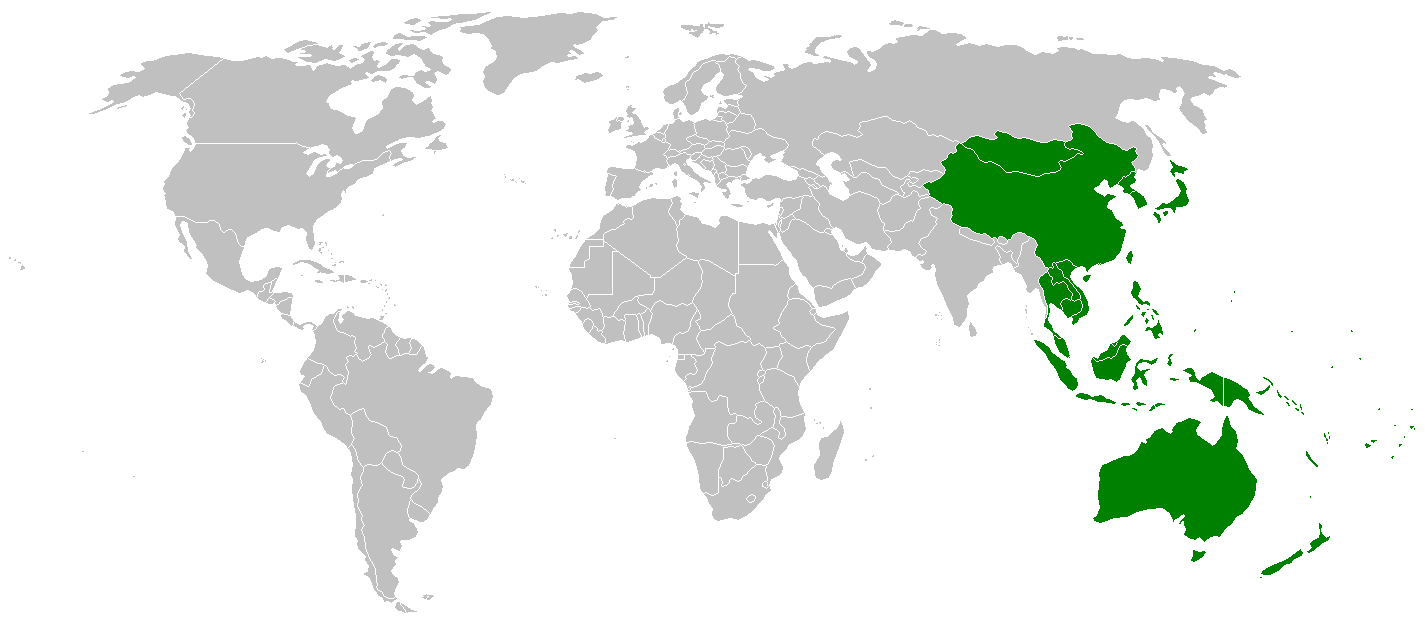The Asia-Pacific region is “unlikely to meet any” of the 17 United Nations’ (UN) Sustainable Development Goals (SDG) by 2030 without an elevated coordinated effort from all stakeholders, a new SDG progress report has revealed.
The UN’s annual Asia and the Pacific SDG Progress Report 2020 shows that, despite some promising progress, the region is likely to significantly miss the mark on all measurable environmental targets and fall short when it comes to reducing poverty, hunger, and general inequality by 2030.
“Our analysis finds that the Asia-Pacific region has struggled the most with two goals: advancing responsible consumption and production, and climate action,” United Nations Under-Secretary-General Armida Salsiah Alisjahbana said in a press release. “In fact, the region is not even moving in the right direction.”
The report highlights that Asia and the Pacific emit half the world’s total greenhouse gas — which has contributed to the region doubling its carbon emissions in the past two decades. Meanwhile, the region’s share of renewable energy has been slashed by 16%, while 35% of nations continue to heavily engage in deforestation.
Our NEW 2020 #SDGProgress report is a strong call for accelerated action:#AsiaPacific is not on track to achieve any of the 17 #SDGs. Balancing the region’s fast growing 💰with measures to protect people & the environment can turn the tide: https://t.co/pahaPjDyj4pic.twitter.com/EZdg3ryJOV
— United Nations ESCAP (@UNESCAP) March 25, 2020
The SDGs refer to the 2030 agenda for sustainable development set by the UN and agreed to by leaders from around the world in 2015. The 17 goals include ending hunger, achieving gender equality, reducing inequality and climate change, and ensuring good health and well-being, quality education, and clean water and sanitation for all.
All goals stem back to achieving a world without extreme poverty by 2030.
Goal 4 for quality education and goal 7 for affordable and clean energy were positively highlighted in the new report, with researchers indicating that these two targets were “within reach.” The Asia-Pacific’s efforts on targets related to economic growth, income poverty, and food security were similarly praised.
The report has made a series of recommendations to help the region grow sustainably and equitably.
Among the calls to actions include mobilizing further funding for development and supporting the region’s poorest nations as they build their capacity to measure progress against development goals.
“These findings sound the alarm for the region to urgently foster sustainable use of natural resources, improve the management of chemicals and wastes, increase its resilience against natural disasters, and adapt to the adverse impacts of climate change through integrated policies,” Alisjahbana added.